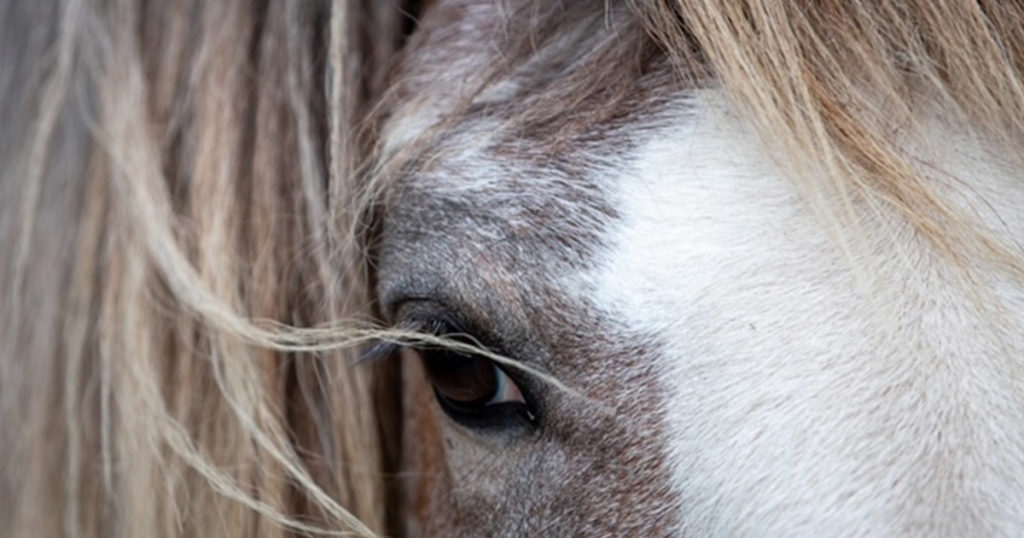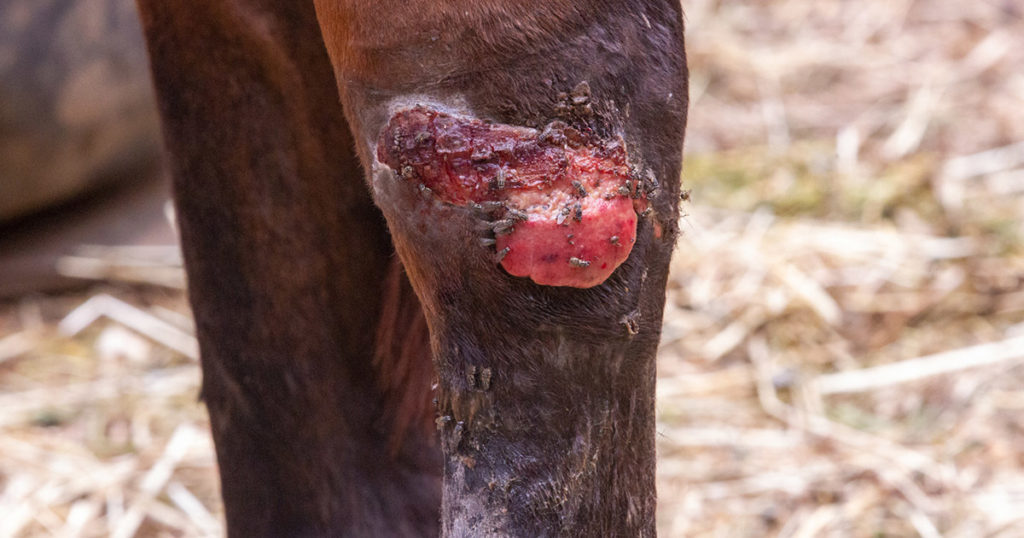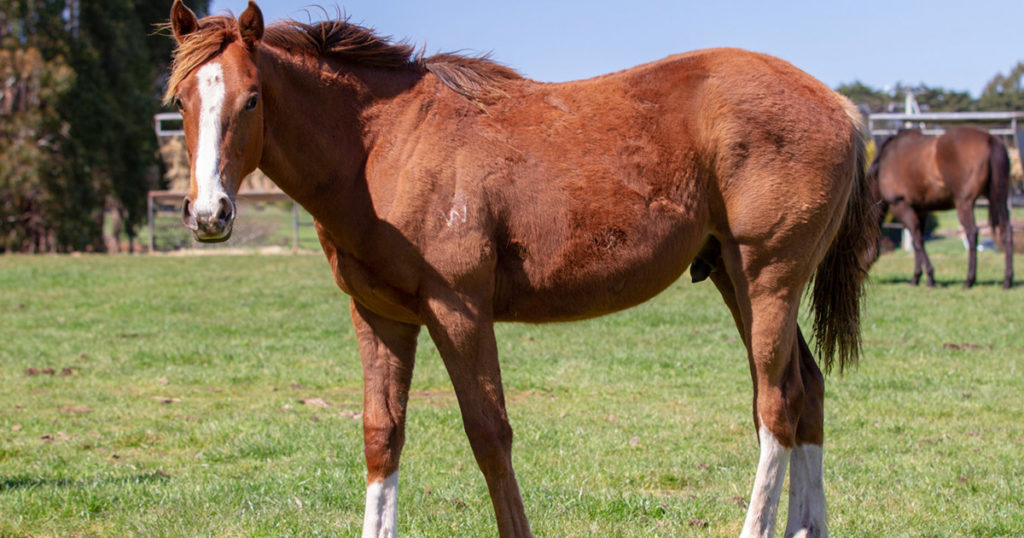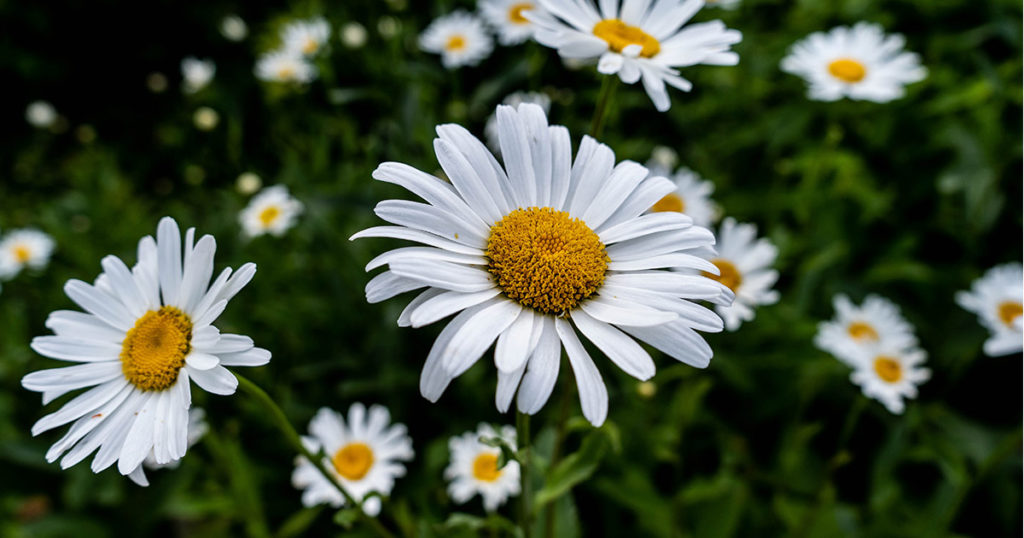Effectively treating pain in our horses and ponies can be a complex issue. Whilst non-steroidal anti-inflammatory drugs (NSAIDs) are mainstay to help with the inflammation associated with pain, there are limitations to their use. As their name suggests, these pharmaceuticals help to down regulate inflammation. In turn, they can help to reduce pain. Yet it is critically important to be aware that inflammation is not the only source or cause of pain in our horses. In many cases, the use of NSAIDs alone don’t totally ameliorate the pain, nor do they adequately address multiple contributing factors to the experience of pain.
In many cases, the source of pain in our horses can be diagnosed and attributed to a specific injury or degenerative process such as osteoarthritis. Yet the pain itself rarely occurs in isolation. Other physiological changes occur which influence the sensations our horses experience and their perception of pain.
In the case of acute injury in our horses (think muscle, tendon or ligament damage) there is associated inflammation and commonly oedema (swelling). There are also changes in the types and balances of neurotransmitters produced (chemicals which influence temperament, mood, behaviour and pain perception) and alterations in cortisol levels. These initial changes occur to help the body facilitate healing of the damaged tissue- and to a certain extent are desirable and necessary.
When injury or inflammation becomes prolonged however, the body’s responses become dysregulated. What started out as a normal healing response becomes dysfunctional and can lead to chronic pain and tissue degeneration. Further alterations in neurotransmitter production and function occur- resulting in heightened pain perception in our horses. There is often a concurrent increased production of neurotransmitters associated with anxiety: think of the horse in pain who is always on edge. The anxiety experienced with chronic pain can lead to the experience of greater pain intensity: physiologic changes within the neurological system cause a phenomenon of central sensitisation to pain. Furthermore, stress and anxiety can promote the release of pro-inflammatory mediators, which cause further damage to tissue and more pain.
Contrastingly, it is common to see horses in chronic pain who experience depression. These are the horses which become withdrawn. The ones who you can look at their eye and know they are not ok. As a result of chronic pain, neural pathways in the brain change. Even when tissue damage is resolved, our horses can still experience real pain. The use of NSAIDs cannot help with this.
In the case of injuries- particularly those that are long-standing, horses can ‘guard’ the painful area, hold excessive tension in muscle, fascia and other tissues and change their biomechanics and movement patterns to cope with the pain. Appropriate body work and rehabilitation exercises are an important part of an integrated approach to help facilitate healing and prevent further compensation or injury moving forward.
Pain and inflammation may contribute to certain nutritional deficiencies and/or insufficiencies in our horses and ponies. This is particularly true of chronic pain. Both excesses and insufficiencies of specific nutrients can also increase pain perception and inflammation and are a key consideration to address.
Whilst providing appropriate pain relief is absolutely paramount when indicated, it is important to remember that in many cases, the use of anti-inflammatories alone will not adequately address all the causes of the pain. We also need to be aware of the changes these drugs make to the integrity of the gastrointestinal tract and associated microflora, which in turn influence inflammation, pain perception and systemic health (to read more see articles: Inflammation & Non-Steroidal Anti-Inflammatories in Horses; Anti-Inflammatory Drugs and Recovery).
Effectively helping horses or ponies in pain, particularly long-standing or chronic pain should encompass a multi-faceted approach. Addressing neural pathway involvement should be a primary consideration, in addition to identifying and rectifying imbalances in specific neurotransmitters. Appropriately prescribed herbal medicines and nutraceuticals can help to facilitate this. The role of nutrition in the equine suffering from pain is also important: ensuring that no nutritional excesses, deficiencies, or insufficiencies are increasing their pain experience. Where appropriate, body work and rehabilitation exercises should also be incorporated. Unless the causes of pain are properly addressed, our horses will potentially continue to go through the cycles of discomfort. Understanding how and why the pain has occurred is important to help effectively treat and resolve it.

Camilla Whishaw is a highly regarded, experienced horsewoman and naturopath, helping to holistically treat and manage a broad range of equine health conditions and injuries, with a passion for mare and stallion fertility.
As a world-renowned practitioner, presenter, author, and consultant in the field of Equine Naturopathy, Camilla shares her knowledge through keynote presentations, interviews, lectures, panel sessions, and workshop training.





